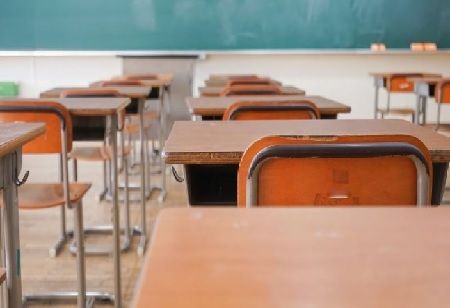Taaleem has announced plans to expand its portfolio with two 'super premium' schools in 2026, capitalizing on the growing number of high-net-worth individuals relocating to the UAE. The Dubai-based company has secured a land plot for one school in the emirate and is currently in the process of acquiring a prime location for another proposed campus in Abu Dhabi, according to Taaleem CEO Alan Williamson.
Known as a premium school provider, this will be Taaleem’s first foray into the super-premium segment in partnership with the UK’s Harrow School, following an agreement signed in July last year. Super premium schools are generally considered to be in the top bracket of quality and education. This is reflected in the high fees they often charge.
It is believed that Harrow School Abu Dhabi will be located on Saadiyat Island. It is also understood – though not yet confirmed – that the Dubai Harrow School will be built on Hessa Street, subject to pending regulatory approvals. Williamson said the schools would be 'targeting a niche audience seeking ultra-high-quality education'.
Harrow School was established in 1572 under a Royal Charter granted by Queen Elizabeth I. Among the illustrious Harrow alumni are Lord Byron, Winston Churchill, Jawaharlal Nehru, King Hussein of Jordan, and seven British prime ministers.
Super-premium schools in Dubai, which command annual fees upwards of AED80,000 ($22,000), include North London Collegiate, Royal Grammar School and Repton School. In the UK, Harrow’s school fee for the academic year 2024-25 is £20,528 ($25,000) per term (inclusive of VAT) and includes board, tuition, textbooks, a stationery allowance, and laundry.
The launch of super-premium schools comes as the number of billionaires in the UAE increased in the last year: 48 billionaires lived in the country in 2023, with a combined wealth of $205 billion. In its latest financial results for the first quarter of 2024-25, released on Friday, Taaleem reported that it had expanded its premium school portfolio to 12 schools, increasing the segment’s capacity by 4,718 pupils year on year. Enrolment in premium schools also rose by almost 19 percent over the three months.

